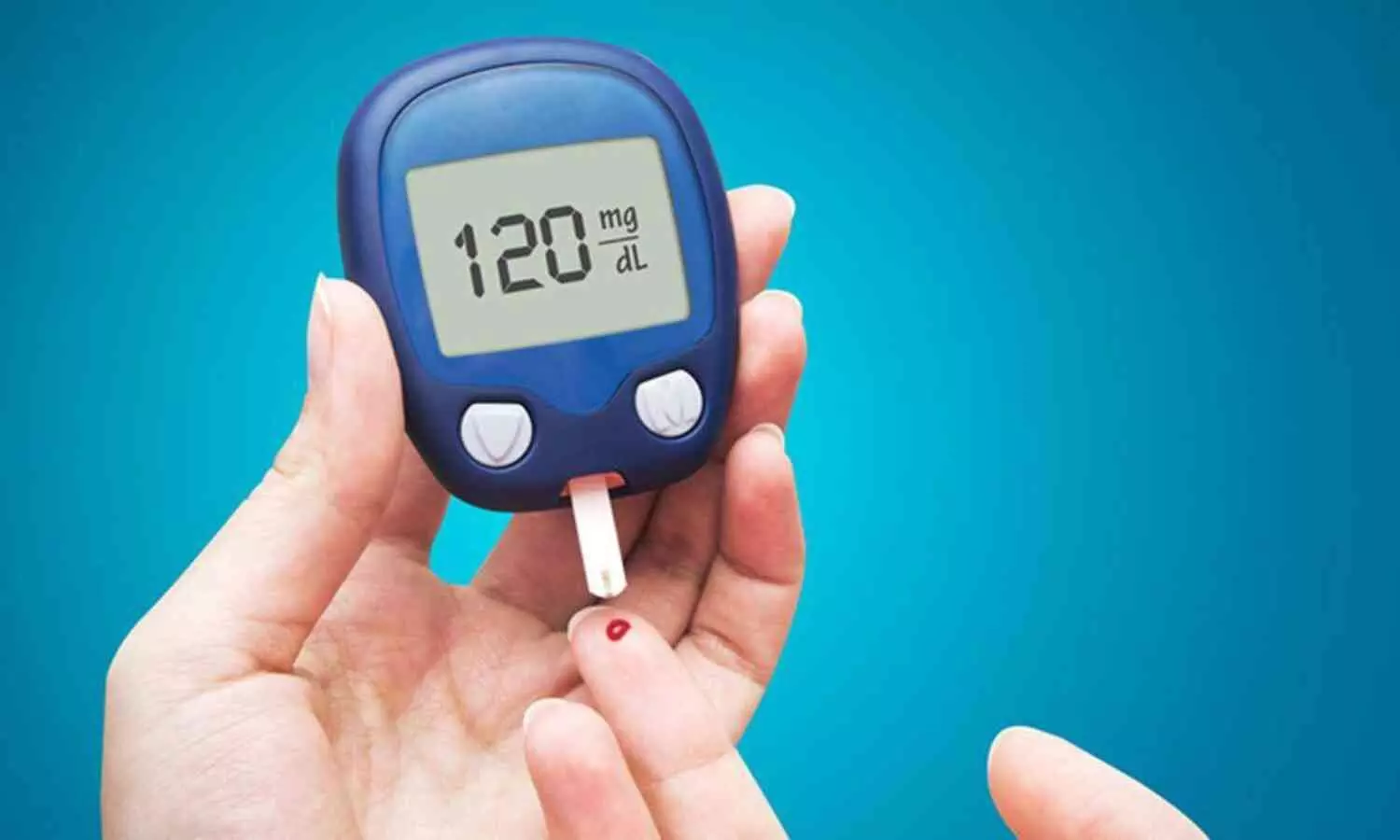TB Infection Can Lead to Insulin Resistance, Raising Diabetes Risk: Study

New Delhi: Researchers from the University of Leicester have revealed link between tuberculosis (TB) and disrupted glucose metabolism, which may increase the risk of developing metabolic disorders, such as diabetes.
Published in PLOS Pathogens, the study shows how TB-induced inflammation can alter liver function, ultimately impacting glucose production and insulin sensitivity.
This research deepens the understanding of how diabetes can worsen TB outcomes, suggesting that undiagnosed TB might be driving vulnerable patients toward metabolic disease.
Tuberculosis, a bacterial infection spread through airborne droplets, mainly targets the lungs but can affect other organs. It remains one of the deadliest infectious diseases globally, claiming over 4,000 lives each day.
The World Health Organization (WHO) continues to prioritize TB prevention, with a focus on developing more effective vaccines. Currently, only the Bacillus Calmette-Guérin (BCG) vaccine exists, which is mainly administered to infants to prevent severe TB.
The University of Leicester's scientists are exploring TB's broader health impacts, particularly from undiagnosed or subclinical infections. The recent discovery outlines potential pathways by which immune responses alter liver metabolism, paving the way for targeted interventions.
Professor Andrea Cooper, co-author of the study and part of the Leicester Tuberculosis Research Group (LTBRG), emphasized: “Our paper changes the focus from diabetes worsening TB to how late TB diagnosis can disrupt glucose metabolism, promote insulin resistance, and increase the risk of diabetes, especially in susceptible individuals.”
She added that the findings support including metabolic screening in TB drug and vaccine trials, as diabetes can compromise treatment effectiveness.
The study used laboratory models to observe liver changes during early-stage pulmonary TB. It discovered immune responses triggering metabolic alterations in liver cells.
Lead author Dr Mrinal Das extended the findings by reanalysing existing human data, confirming disrupted liver glucose metabolism in individuals progressing from latent to active TB.
Professor Cooper highlighted the next steps: “Our goal is to identify the specific molecular pathways driving liver metabolism changes and explore how latent TB might affect metabolic health in humans.”
Researchers hope these insights will lead to targeted therapies and better integration of metabolic screening in TB management.


